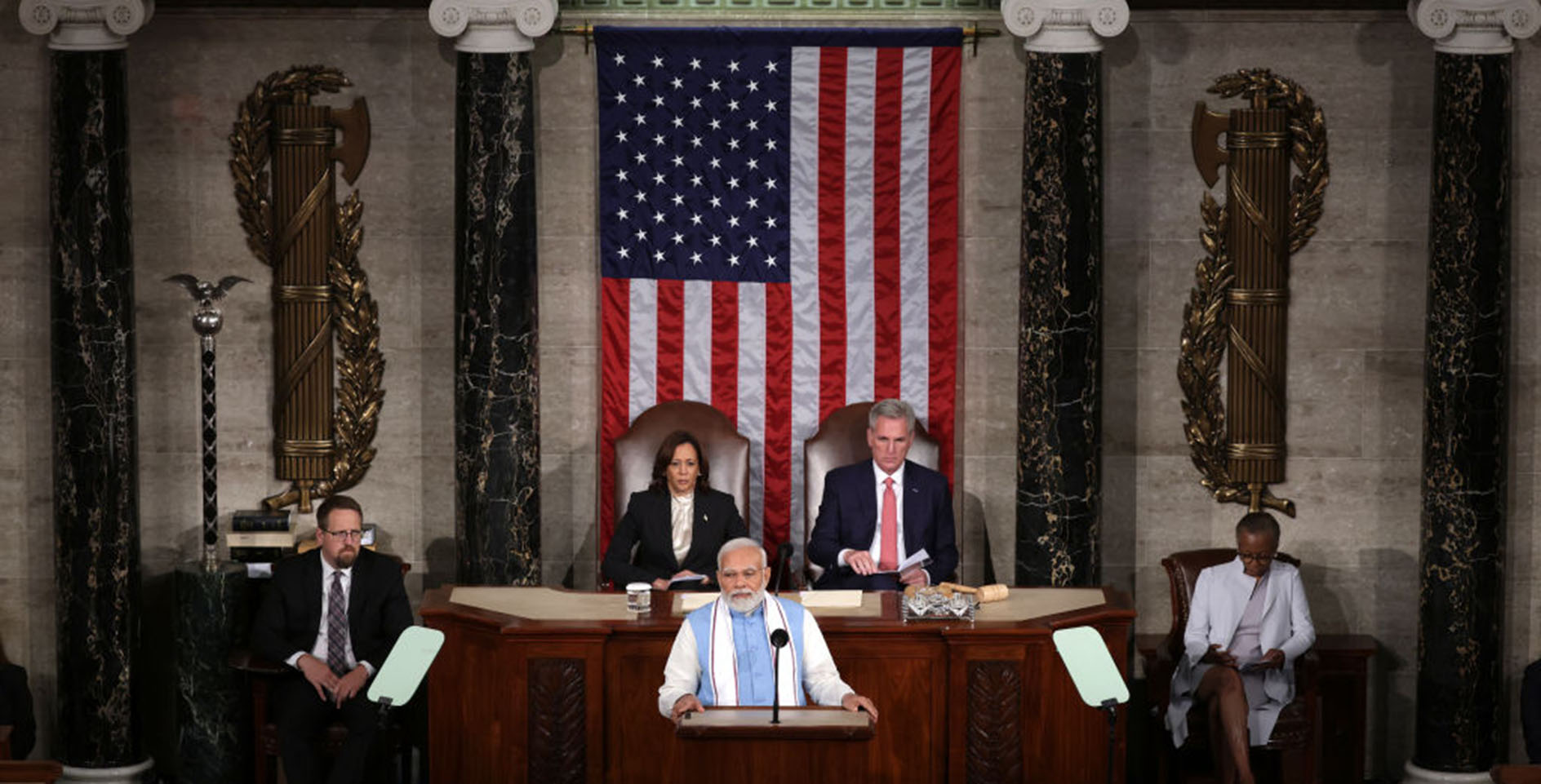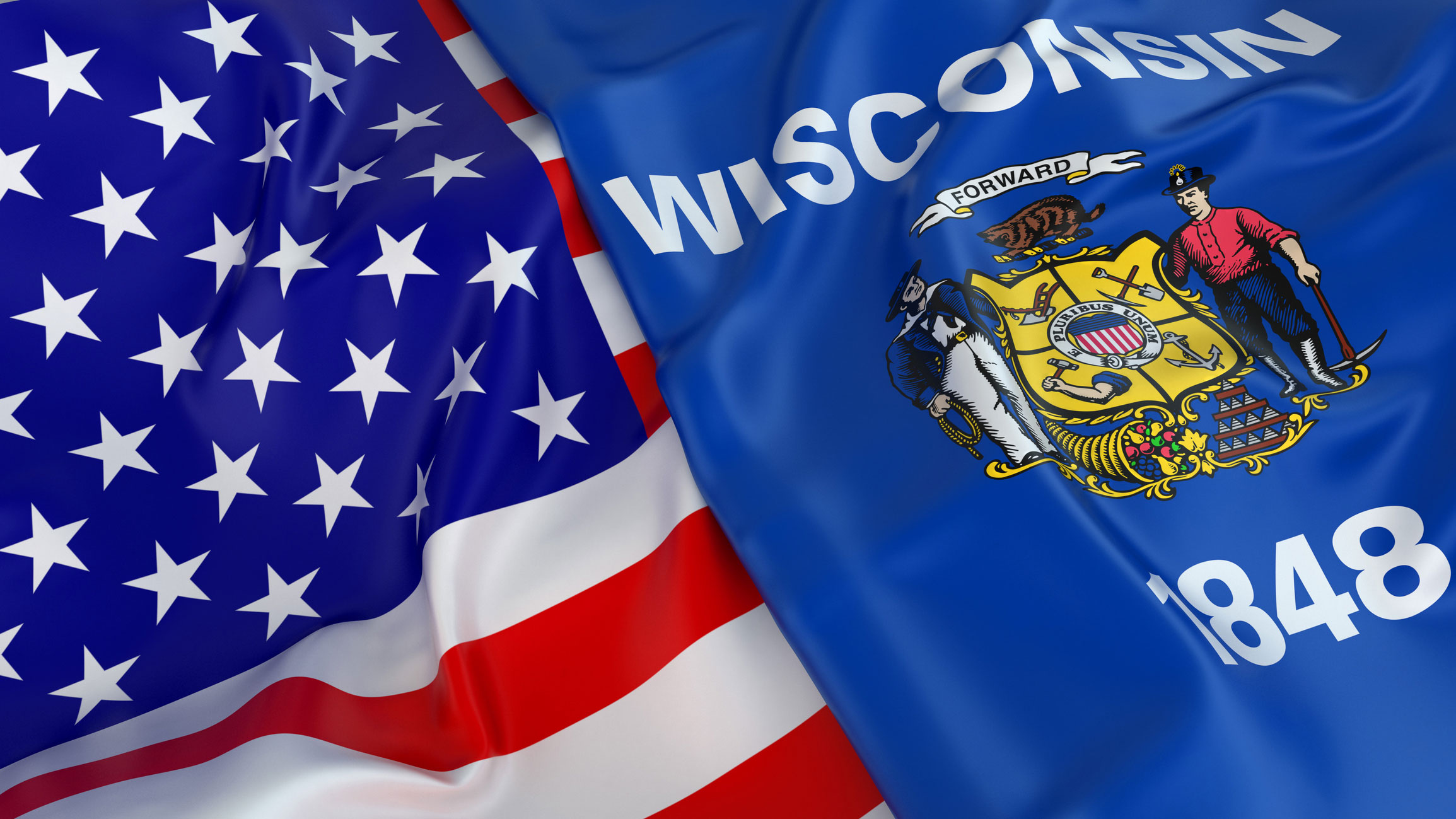In recent days, two highly significant religious liberty court cases have made the news.
T-shirts and Hands On Originals
The first case is Baker v. Hands On Originals. This case originated in Kentucky back in 2012 when Blaine Adamson, the owner of Hands On Originals, was asked “to create t-shirts promoting the local Pride Festival.” The request came from the Gay and Lesbian Services Organizations (GLSO). According to Becket Law, “because the message of the t-shirts conflicted with Blaine’s religious beliefs, he offered to connect GLSO with other printers who would match his price.”
GLSO, however, was not satisfied with Adamson’s decision and attempt to help them without violating his conscience. GLSO “filed a complaint with the local human rights commission, which ordered Blaine to print the shirts and attend ‘diversity training’ to change his views.” Adamson rightly challenged the decision of the local human rights commission, which resulted in the case eventually working itself up to the Kentucky Court of Appeals. On August 23, 2019, the Kentucky Supreme Court began hearing the oral argument of the case as the defendants have appealed the lower court's decision that concluded that Adamson’s right to free speech and religious liberty were violated by the human rights commission’s decision.
The Larsens and a pre-enforcement challenge
The second case of significance on religious liberty comes from St. Cloud, Minnesota. Writing for National Review, David French states that on August 23, “the Eighth Circuit Court of Appeals upheld the constitutional order, limited the reach of expansive nondiscrimination laws, and protected a Christian couple from having to choose between their business and their conscience.” The Larsens own a videography company. Back in 2016, the couple began working through what it would look like if they used their artistic videography skills to help others celebrate their weddings.
However, because they perceived a shift in culture and the application of nondiscrimination laws in their state, the Larsens preemptively filed “pre-enforcement challenge.” The pre-enforcement challenge allowed the Larsen’s to see how the courts would interpret the law and apply it to situations that would affect their business. On August 23, as the ADF press release stated, “The U.S. Court of Appeals for the Eighth Circuit ruled in favor of the Larsens. It reinstated their case (which was dismissed by the lower court) and ruled that the state can’t force the Larsens to express messages through their films that violate their religious convictions.” This legal win is an important move forward in the struggle to protect religious liberty in a society that seems less and less inclined to wrestle with the far-reaching implications of many of the sweeping nondiscrimination initiatives being advanced in our country.
It is interesting that in both cases, those who were targeted by these spurious applications of nondiscrimination laws were Christians. Yet, the decisions of these cases will not only work to protect Christians, but all people in society. If a government can compel a Christian business owner to promote a message that is contrary to their sincerely held religious beliefs, then it is also possible to imagine that the government could force a Kosher deli owner or Halal butcher to cater an event that requires them to serve pork.
The government should not have the type of authority to compel people to do things that contradict their sincerely held beliefs, even if the majority of the people in society disagree or do not understand those beliefs. God is the judge of all humanity. He alone retains the sovereign prerogative to judge a person’s conscience.










